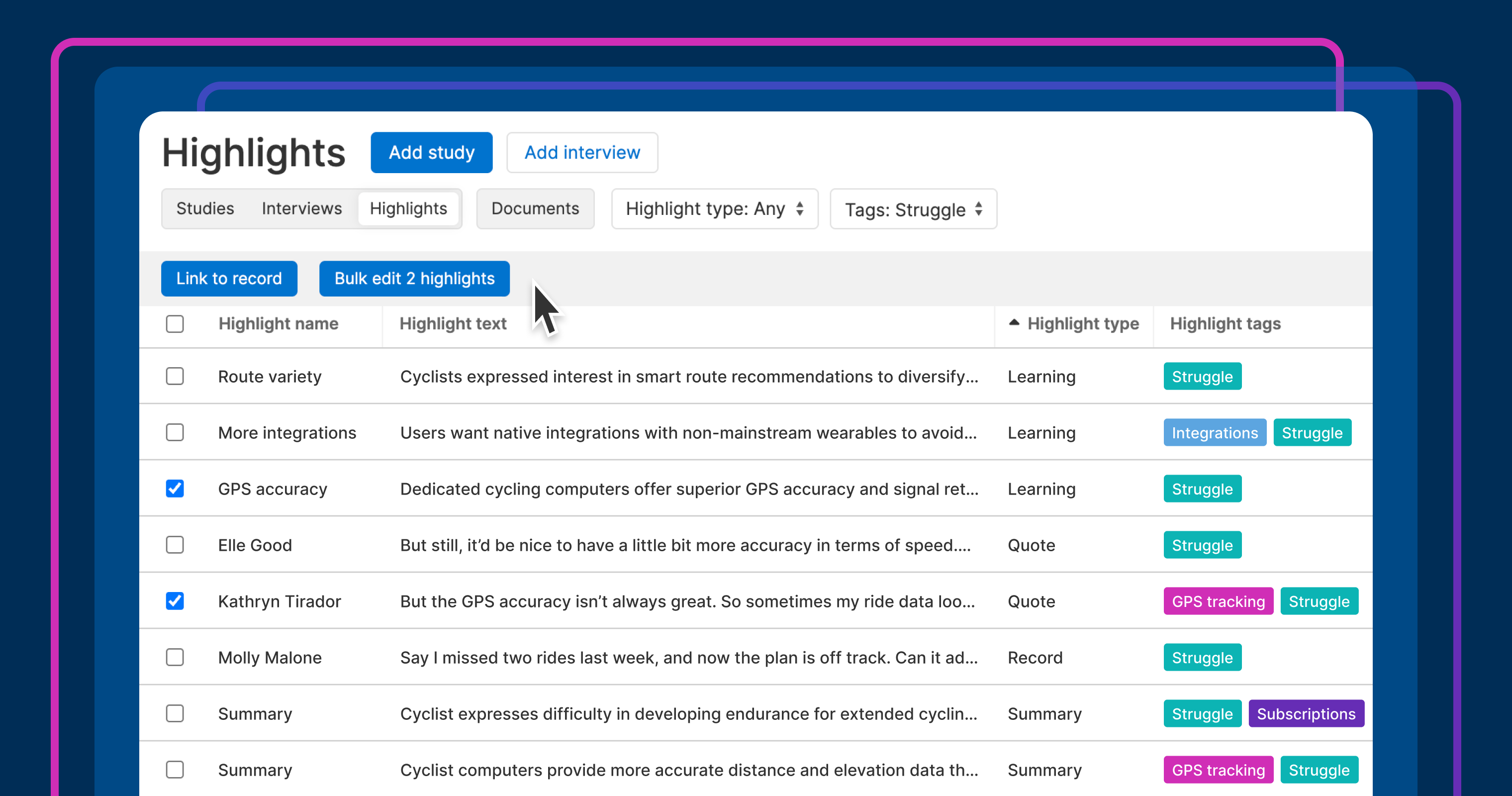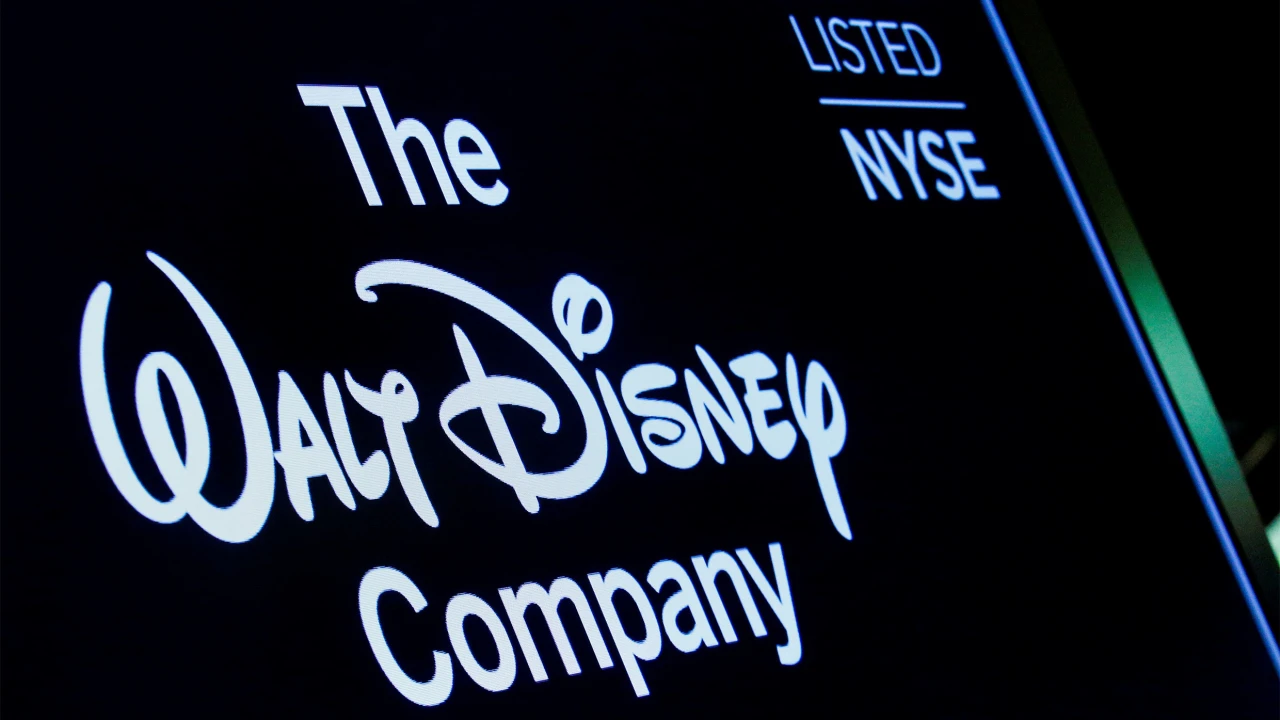Bumble shares soar after dating app announces major job cuts
Bumble is cutting a third of its workforce, the latest sign that all is not well in the business of online dating. The company informed its staff of the layoffs in a letter from founder and CEO Whitney Wolfe Herd on Wednesday, describing the company and the dating industry as reaching an “inflection point.” “In recent months, we’ve been rebuilding – returning to what makes us trusted, unique, and deeply human,” Wolfe Herd wrote. “But intentional rebuilding requires hard decisions.” Bumble’s workforce reduction will affect 240 positions, reducing the company’s headcount by 30%. In an SEC filing, Bumble said that it expects the layoffs to save $40 million annually, cash that it plans to reinvest into product and technology development. The company expects to pay between $13 to $18 million in costs related to the layoffs in the third and fourth quarters of the year. On Wednesday, Bumble’s shares rose more than 20% on news of the layoffs and were trading around $6.26 at the time of writing. “The reality is, we need to take decisive action to restructure to build a company that’s resilient, intentional, and ready for the next decade,” Wolfe Herd wrote. “We’ve reset our strategy, and are going back to a start-up mentality – rooted in an ownership mindset and team structures designed for faster, more meaningful execution.” Wolfe Herd left her role as Bumble’s CEO at the beginning of 2024, with former Slack CEO Lidiane Jones stepping in to lead the company. In March of this year, Jones resigned for personal reasons and Wolfe Herd again took the helm of the company she founded in 2014 after co-founding Tinder – now Bumble’s main rival. Dating app decline Bumble, which has historically put women in the driver’s seat of the online dating experience, has struggled to find its footing in a post-pandemic online dating world where many former users feel burned out by the churn of dating apps. The company isn’t alone in that struggle – dating giant Match Group announced its own major layoffs last month – but it has resorted to altering its own DNA to adapt to a changing landscape for users looking for love. Last year, Bumble announced that men on its app would be allowed to message women first, a huge change for a dating system that’s prided itself on letting women make the initial move. The feature, called Opening Moves, let women set prompts on their profiles that men could choose to respond to. The gamble doesn’t appear to have made a lasting impact on Bumble’s bottom line, and the company’s stock continued to slide into 2025. Bumble first went public in 2021 with its buzzy stock debuting at more than $70 a share – a distant memory from the stock’s recent single digit values. Bumble’s woes are shared by Match Group, its biggest rival, which owns Tinder, OkCupid, Hinge and a deep roster of other niche and general interest dating apps. The two competitors, which together account for nearly all of the online dating market share, lost more than $40 billion combined between 2021 and 2024. Online dating is a strange business in some ways. While hookup apps like Grindr might beg to differ, a successful dating app interaction could result in both users leaving the app for a long stretch, or even forever. That intrinsic paradox is a tricky business to begin with, but the more dire existential threat might be that neither Match Group nor Bumble can seem to crack the code of Gen Z’s dating habits. So far, that emerging cohort of eligible singles isn’t very interested in paying for a subscription on a dating app and, worse yet, might be looking for love IRL, of all places.

Bumble is cutting a third of its workforce, the latest sign that all is not well in the business of online dating.
The company informed its staff of the layoffs in a letter from founder and CEO Whitney Wolfe Herd on Wednesday, describing the company and the dating industry as reaching an “inflection point.” “In recent months, we’ve been rebuilding – returning to what makes us trusted, unique, and deeply human,” Wolfe Herd wrote. “But intentional rebuilding requires hard decisions.”
Bumble’s workforce reduction will affect 240 positions, reducing the company’s headcount by 30%. In an SEC filing, Bumble said that it expects the layoffs to save $40 million annually, cash that it plans to reinvest into product and technology development.
The company expects to pay between $13 to $18 million in costs related to the layoffs in the third and fourth quarters of the year. On Wednesday, Bumble’s shares rose more than 20% on news of the layoffs and were trading around $6.26 at the time of writing.
“The reality is, we need to take decisive action to restructure to build a company that’s resilient, intentional, and ready for the next decade,” Wolfe Herd wrote. “We’ve reset our strategy, and are going back to a start-up mentality – rooted in an ownership mindset and team structures designed for faster, more meaningful execution.”
Wolfe Herd left her role as Bumble’s CEO at the beginning of 2024, with former Slack CEO Lidiane Jones stepping in to lead the company. In March of this year, Jones resigned for personal reasons and Wolfe Herd again took the helm of the company she founded in 2014 after co-founding Tinder – now Bumble’s main rival.
Dating app decline
Bumble, which has historically put women in the driver’s seat of the online dating experience, has struggled to find its footing in a post-pandemic online dating world where many former users feel burned out by the churn of dating apps. The company isn’t alone in that struggle – dating giant Match Group announced its own major layoffs last month – but it has resorted to altering its own DNA to adapt to a changing landscape for users looking for love.
Last year, Bumble announced that men on its app would be allowed to message women first, a huge change for a dating system that’s prided itself on letting women make the initial move. The feature, called Opening Moves, let women set prompts on their profiles that men could choose to respond to.
The gamble doesn’t appear to have made a lasting impact on Bumble’s bottom line, and the company’s stock continued to slide into 2025. Bumble first went public in 2021 with its buzzy stock debuting at more than $70 a share – a distant memory from the stock’s recent single digit values.
Bumble’s woes are shared by Match Group, its biggest rival, which owns Tinder, OkCupid, Hinge and a deep roster of other niche and general interest dating apps. The two competitors, which together account for nearly all of the online dating market share, lost more than $40 billion combined between 2021 and 2024.
Online dating is a strange business in some ways. While hookup apps like Grindr might beg to differ, a successful dating app interaction could result in both users leaving the app for a long stretch, or even forever.
That intrinsic paradox is a tricky business to begin with, but the more dire existential threat might be that neither Match Group nor Bumble can seem to crack the code of Gen Z’s dating habits. So far, that emerging cohort of eligible singles isn’t very interested in paying for a subscription on a dating app and, worse yet, might be looking for love IRL, of all places.




































































































![Building A Digital PR Strategy: 10 Essential Steps for Beginners [With Examples]](https://buzzsumo.com/wp-content/uploads/2023/09/Building-A-Digital-PR-Strategy-10-Essential-Steps-for-Beginners-With-Examples-bblog-masthead.jpg)
















































